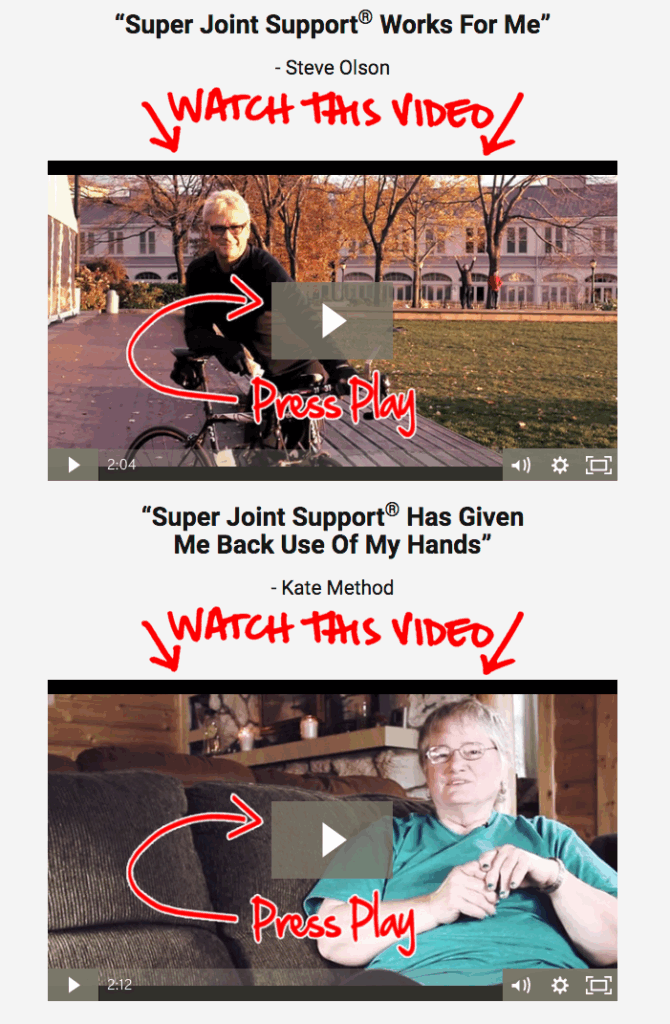Lower back pain can be chronic, in which case you’ve either been dealing with it for a long time, or you’re staring down the barrel of a long-time problem. You may have tried OTC or prescribed analgesics for pain management, or had acupressure with no relief. Most back injuries have been shown to be musculoskeletal, meaning it’s involving bones, muscles, tendons, joints and/or ligaments. Stretching the areas in which you are experiencing pain can bring relief for a longer period of time than you might experience with analgesics. If you’ve been previously checked out by a doctor and are cleared for exercise, or are currently under a doctor’s care and he or she gives the okay, then give yoga a try. It’s a centuries’-old remedy for everything from stress to depression, and can help your lower back pain by relieving some of the tightness of muscles and working out kinks that might be pinching on sensitive nerves. It can also be effective as simply a relaxation technique for the whole body, reducing anxiety and the occasional depression that accompany chronic pain.
There are many sources on the Internet and local gyms or yoga studios will have qualified instructors who can teach you the basics. It’s a good idea to get a professional’s coaching, after you’ve received the all clear from your doctor, in order to minimize risk to your already painful back. They’ll teach you how to do the poses most effectively, help you decide which poses are best for your particular situation, and which should not be considered at all. You’ll need a mat and comfortable clothes, and be sure to drink water regularly throughout your workout. You may find that the relief from your yoga workout is so profound that you want to do it every day; only do as much as your body is comfortable with. Your body will tell you when enough’s enough.
In the meantime, you can familiarize yourself with some of the most useful poses common in yoga for relief of back pain. An article as short as this one cannot possibly give all of the intricacies needed to know (by description alone) of the poses you’ll execute. You’ll need a working knowledge of your anatomy and clarity about what you wish to accomplish. Know that yoga should not be painful, and if it is, it might be either the wrong exercise for you or you are executing the poses incorrectly. Be sure to breathe deeply and naturally throughout the poses, and try to concentrate on your form. Sloppy form cannot only decrease the effectiveness of the moves; it could injure you by causing you to fall or stretch a muscle group that you were not ready for.
Look into the following poses for lower back pain relief, and follow closely any instructions you receive either from an instruction or via Internet video:
• Pelvic Tilt
• Standing Forward Bend
• Side Angle Pose
• Triangle Pose
• Mountain Pose
• Supported Bridge Pose
• Reclined Big Toe Pose
• Supine Spinal Twist
• Cat-Cow Pose
• Downward Facing Dog Pose
• Cobra Pose
• Child’s Pose







